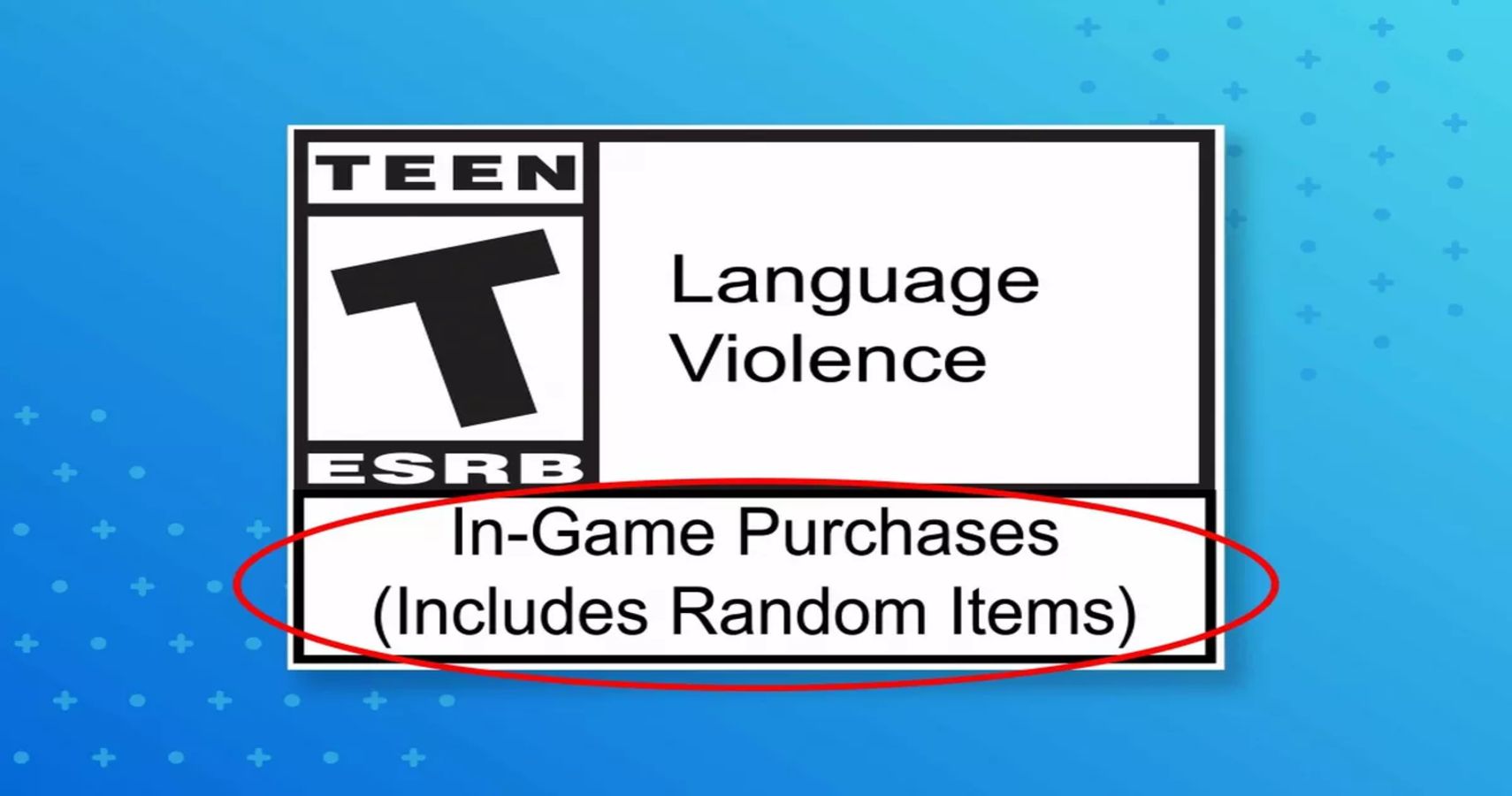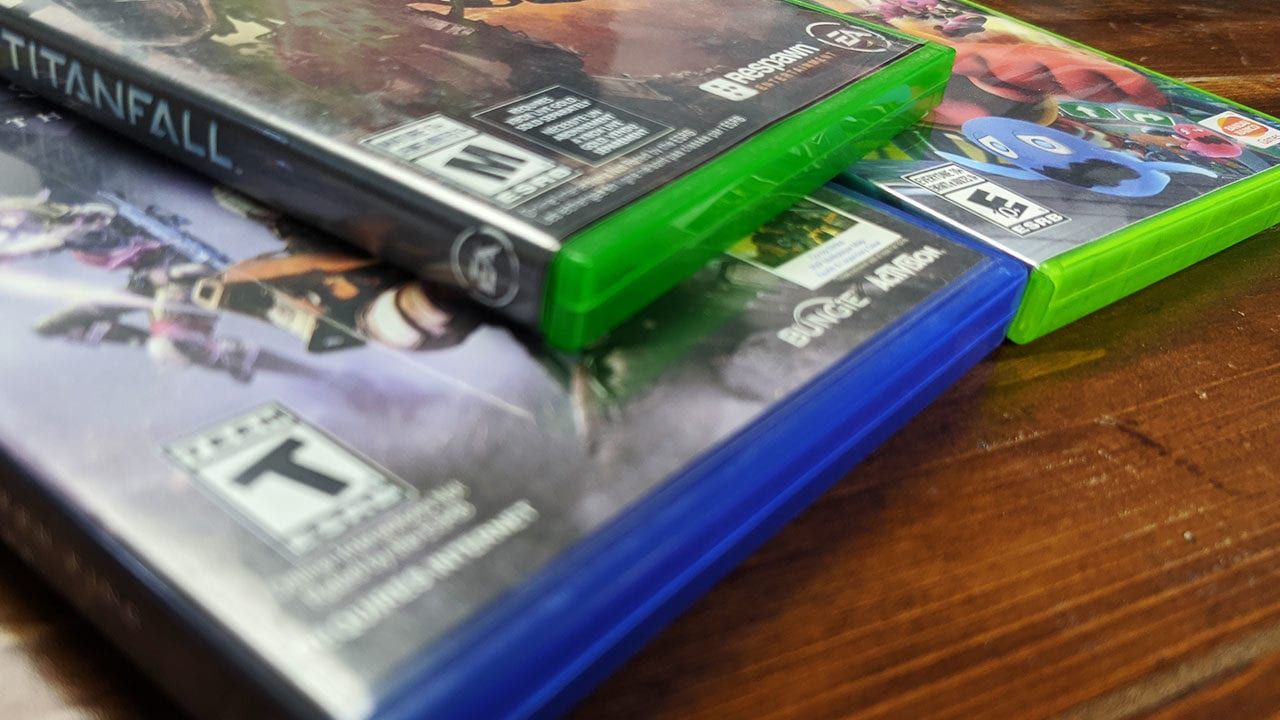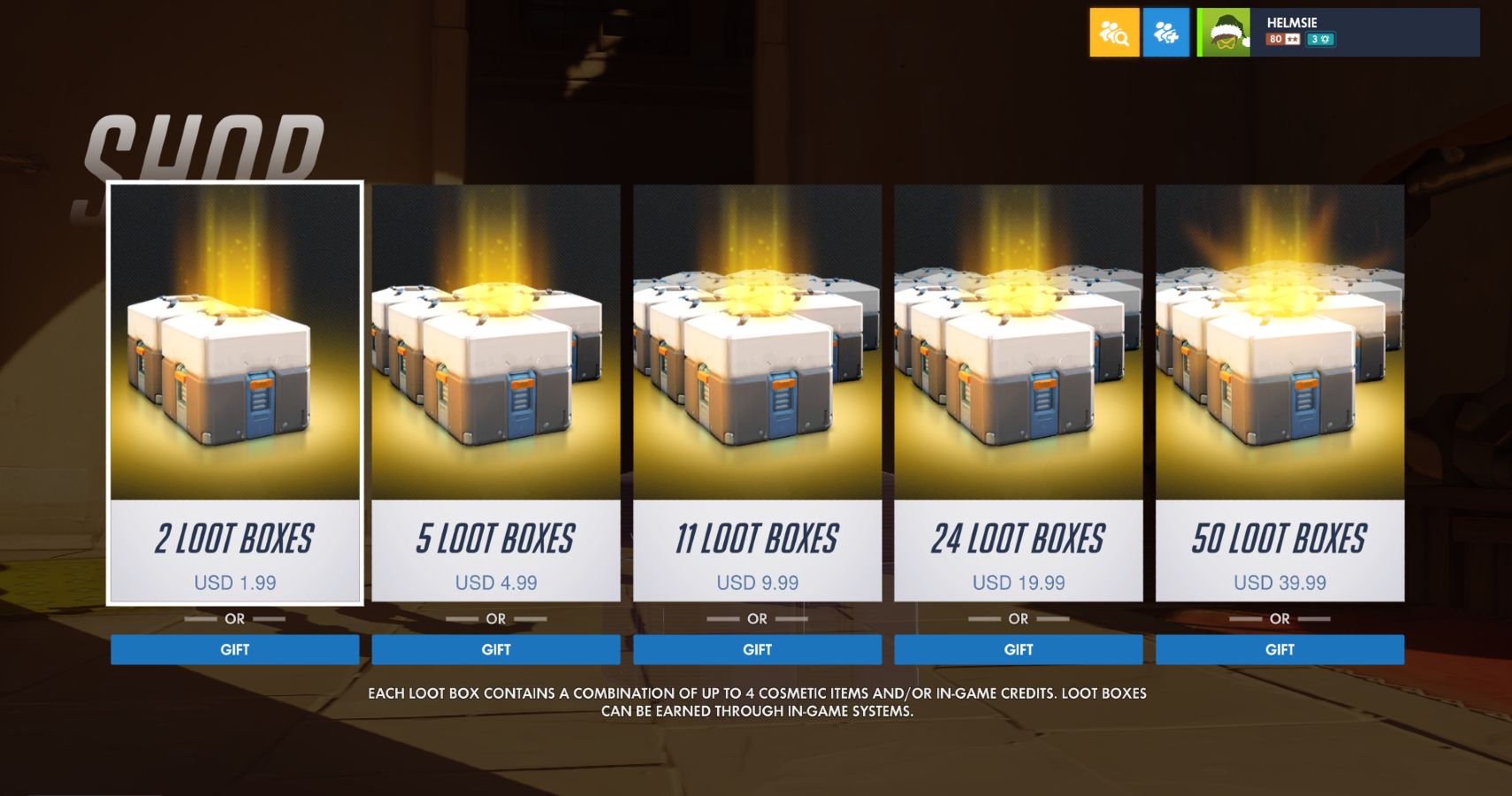The ESRB today announced that it would be using a new ratings designation to signal to buyers that a game contains randomized elements within its in-game purchases, a move that has been a long time coming, and that we are all happy to see put into practice.
To consumers, this new designation will state that a game has an “interactive element’ associated with it, and will be applied to any game that provides in-game offers that require real money to purchase an item whereby players do not know with certainly what they are receiving in return.
A common example of applying this to current games would be card packs in Hearthstone or Magic: The Gathering Arena. Of course, the creation of this designation is far more symbolic for the more problematic case of in-game purchases where the outcome is unknown, and that is for loot boxes, and the similar looking prize wheels in certain titles.
For years the debate has been ongoing and heated regarding the existence of loot boxes in games, with some arguing that it promotes gambling in children through manipulative mechanics. That is the worst extreme of the argument, while other examples simply point to the bad faith put forward by certain game developers. EA still maintains the most downvoted Reddit comment in history when they tried to pass off the absurd in-game monetization model with their loot boxes.
The ESRB stated that its decision came almost completely as a result of feedback from players, stating that, “According to research, parents are far more concerned about their child's ability to spend real money in games than the fact that those in-game purchases may be randomized.”
This kind of request represents something that should be considered as common sense, but game developers have fought tooth and nail to argue that no such rules or designations are needed. In 2019, Kerry Hopkins, EA’s VP of legal and government affairs, stated that these purchases are not in any way considered as loot boxes, but instead are “surprise mechanics.” The ESRB rating goes around the need to label something as strictly a loot box, and instead treats the core purchasing experience, and if players cannot know what they are buying before receiving it, the designation applies.
Now, strictly speaking this new designation is a step in the right direction, but there is more to be done. In some games, these randomized purchases can yield items that range from purely cosmetic to game breaking by providing a competitive edge to players.
While Apex Legends received considerable rebuke in 2019 for the ridiculously high-priced loot boxes during its Iron Crown event, players did not receive any in-game advantage if they chose to spend hundreds of dollars to look a certain way.
On the other hand, there are still too many games, often on the mobile platform, that offer players a distinct advantage for spending more money than competitors. For these, another ESRB designation is needed, not only to warn players and parents of the potential to spend, but to avoid these games altogether.
Source: gamesindustry.biz



